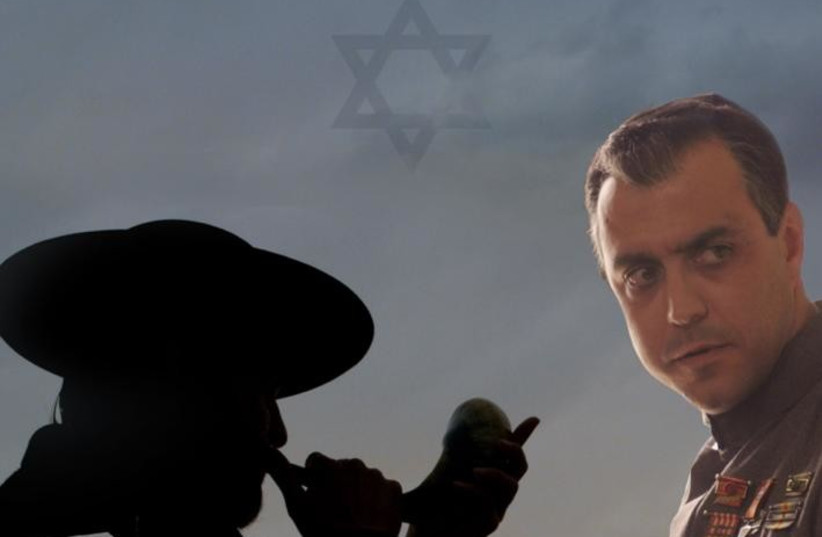The Jewish community of Porto, Portugal is providing free viewing on YouTube of a feature film that runs over 90 minutes long called “Sefarad,” which is a historical depiction of the last 100 years of Jews in Porto. The film was directed by Luís Ismael, with the participation of members of the actual community in scenes of Jewish rituals, as well as well-known Portuguese actors.
The film opens with a scene from 1496, when King Manuel I decreed that all Jews must convert to Catholicism or leave the country. Two hundred thousand Jews were forced to convert, leave or be killed, and as a result, the Portuguese Jewish community disappeared.
The film then moves four centuries forward to 1923.
The film shows how the community was shaken by the news that there were descendants of Jews in Portuguese villages who still practiced Jewish rituals mixed with Catholicism, known as Marranos. The film was only screened once in Portugal for a one thousand-person audience before becoming available on YouTube.
This community depicted in the film was founded in 1923 by a Portuguese army officer, Captain Artur Carlos de Barros Basto, who had converted to Judaism, and by Ashkenazi Jews.

Basto is known for having been unjustly slandered and dismissed from his military post in the 1930s. What began, according to the anonymous accusers, as a case of alleged homosexuality and embezzlement, ended with a conviction for having taken part in circumcisions. This case caused terror towards the Jewish community at the time, and is known as the “Portuguese Dreyfus” as a result of these events.
His namesake, Alfred Dreyfus, was a French artillery officer of Jewish ancestry whose conviction in 1894 on charges of treason led to a wave of antisemitism in France, which caused Theodor Herzl to write Der Judenstaat, creating the modern political Zionist ideology.
Basto's dedication to Jewish writing
Although lesser known than the original Dreyfus, Basto had a fascinating story. He was dedicated to Jewish writing and his work as a community leader. In addition, he made a great contribution to the struggle of Marranos, those discussed in the film. Basto was himself a Marranos. His family had maintained its Jewish roots in Portugal even after they officially converted to Catholicism. His grandfather, before he died, revealed to him the truth about his Sephardic heritage.
The Captain had been connected to Jewish traditions like Shabbat candles since he was a child, which he did not connect so much to having a Jewish heritage. Until one day, while in Flanders, Belgium, he entered the tent of a French officer on Saturday, saw two lit candles, and asked him what was the reason for this particular ceremony. At that moment, he decided that he wanted to return to the Jewish faith of his ancestors.
Basto, who was born in Amarante in 1887 as a Catholic, officially converted to Judaism in Morocco. After returning to Lisbon, he married a Jewish woman from that community, who had not accepted him before. Thus, Lea Israel Montero Azancot became Leah Barros. She began the campaign of rediscovery and rapprochement of the Marranos.
In spite of the charge against him, Captain Basto managed to inaugurate the Kadoorie Synagogue in 1938, the largest in the entire Iberian Peninsula, in honor of its main sponsors, a prominent Iraqi Jewish family established in Shanghai, China.
The film ends in the 21st century, with a community rich in numbers, religion and culture.
